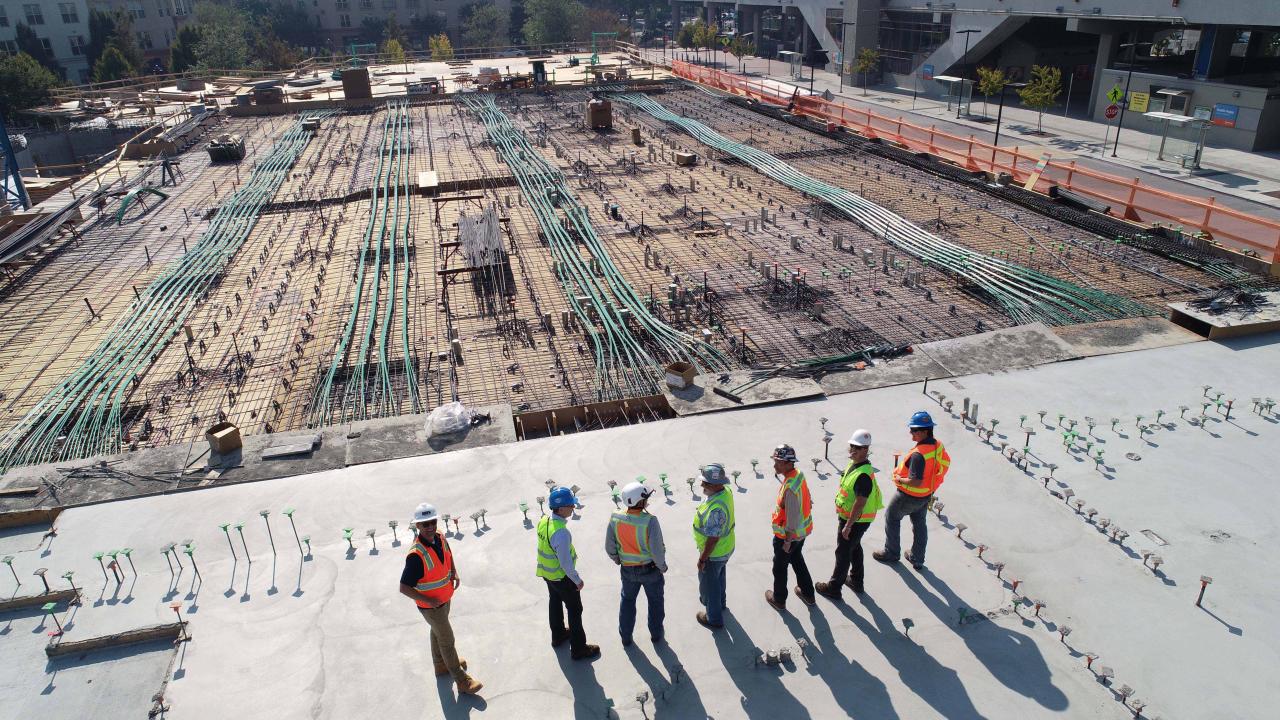Dr Ramit Debnath is a Cambridge Zero Fellow and Sustainability Fellow at Churchill College, University of Cambridge. He works at the intersection of data science and public policy to support climate action, primarily focusing on developing novel approaches to natural language processing, machine learning, AI and qualitative analysis to enable a people-centric and just net-zero transition. Read more about him here.
In a new study involving researchers from Cambridge, Boston, Sussex and Aarhus Universities and Caltech, we examined the role of social media in enabling climate action within the building sector.
The building sector is one of the most important and challenging to decarbonise because it involves a complex overlap of people, places and practices that creates a barrier to designing just emission reduction policies.
We found that social media engagement with climate policy events is vital to reducing building emissions and ensuring environmental justice. COP26 was an extraordinary moment, as the Twitter engagement surrounding the event connected public health, the circular economy, affordable housing, and decarbonisation of the built environment like never before.
These findings follow on from COP27’s building sector events (10th – 14th November), which sought to promote a just transition and enhancing building resilience with the tagline ‘Build4Tomorrow’.
Read more about our research findings here.
Reference
R. Debnath, R. Bardhan, D.U. Shah, K. Mohaddes, M.H. Ramage, M.R. Alvarez, and B. Sovacool, ‘Social media enables people-centric climate action in the hard-to-decarbonise building sector’. Nature Scientific Reports (2022). DOI: 10.1038/s41589-022-23624-9
Image credit: Building Contra Costa Centre, CA, USA - Photo by Scott Blake on Unsplash



